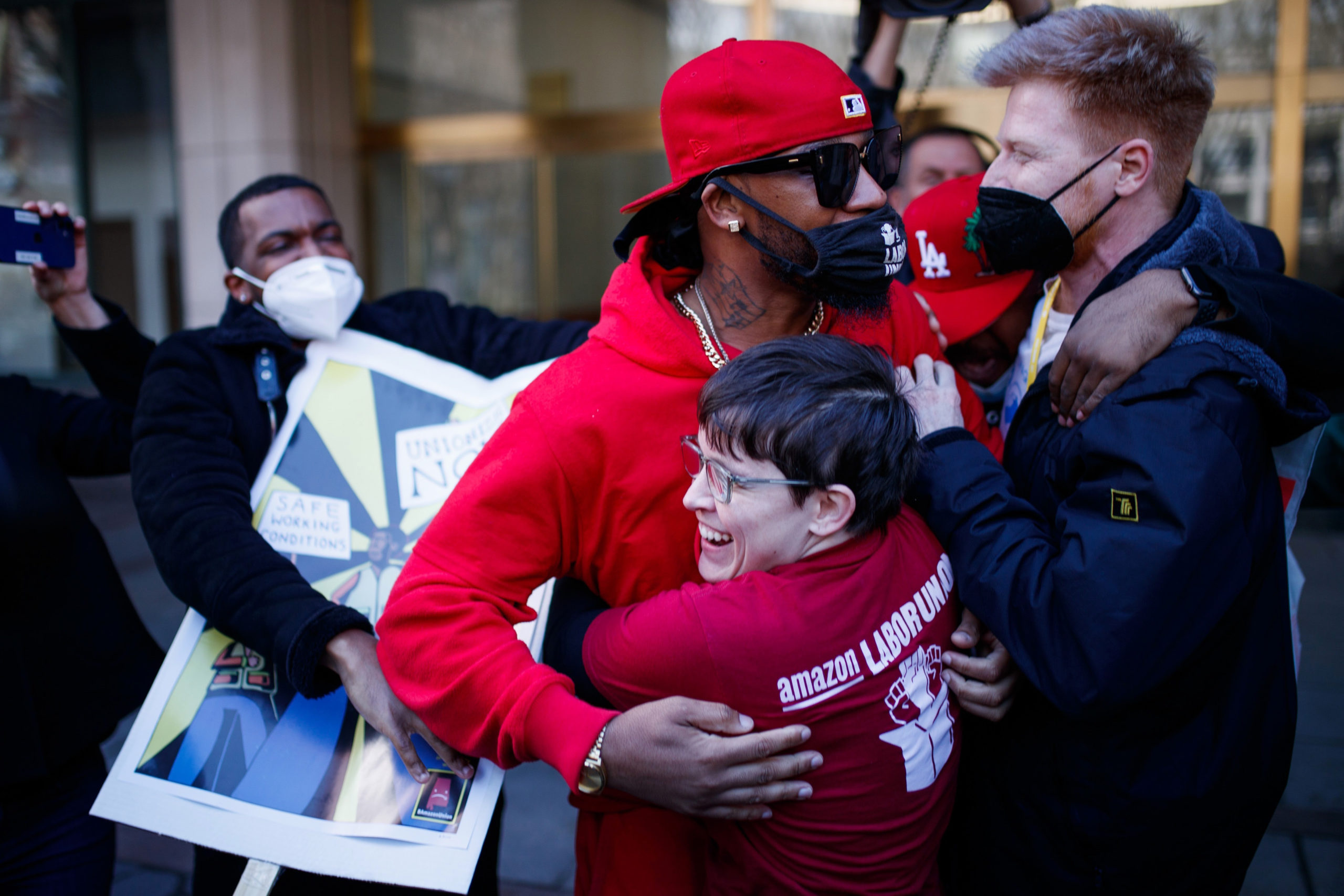Amazon workers in NYC vote to unionize in historic labor win
Victory in Staten Island depended on vote-counting in Brooklyn

As Amazon workers in Staten Island voted to unionize in a well-publicized vote on Friday, other workers, at the National Labor Relations Board’s Region 29 Office in Downtown Brooklyn, oversaw the process.
The vote, at the NLRB’s local office in Brooklyn Commons (formerly MetroTech) marked the first successful U.S. organizing effort in the retail giant’s history and handing an unexpected win to a nascent group that fueled the union drive.
Warehouse workers cast 2,654 votes — or about 55 percent — in favor of a union, giving the fledgling Amazon Labor Union enough support to pull off a victory.

Brooklyn Boro
View MoreNew York City’s most populous borough, Brooklyn, is home to nearly 2.6 million residents. If Brooklyn were an independent city it would be the fourth largest city in the United States. While Brooklyn has become the epitome of ‘cool and hip’ in recent years, for those that were born here, raised families here and improved communities over the years, Brooklyn has never been ‘uncool’.